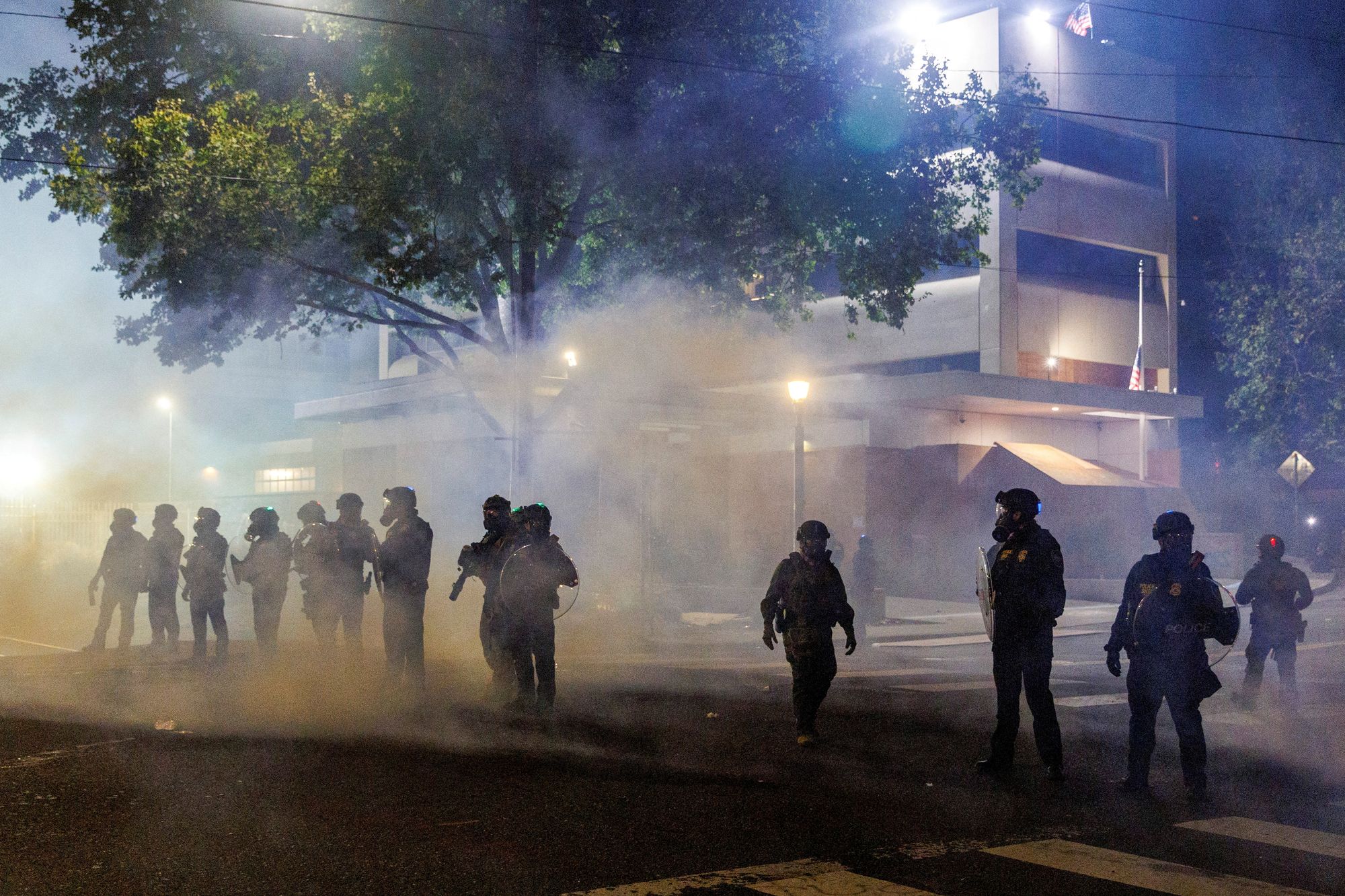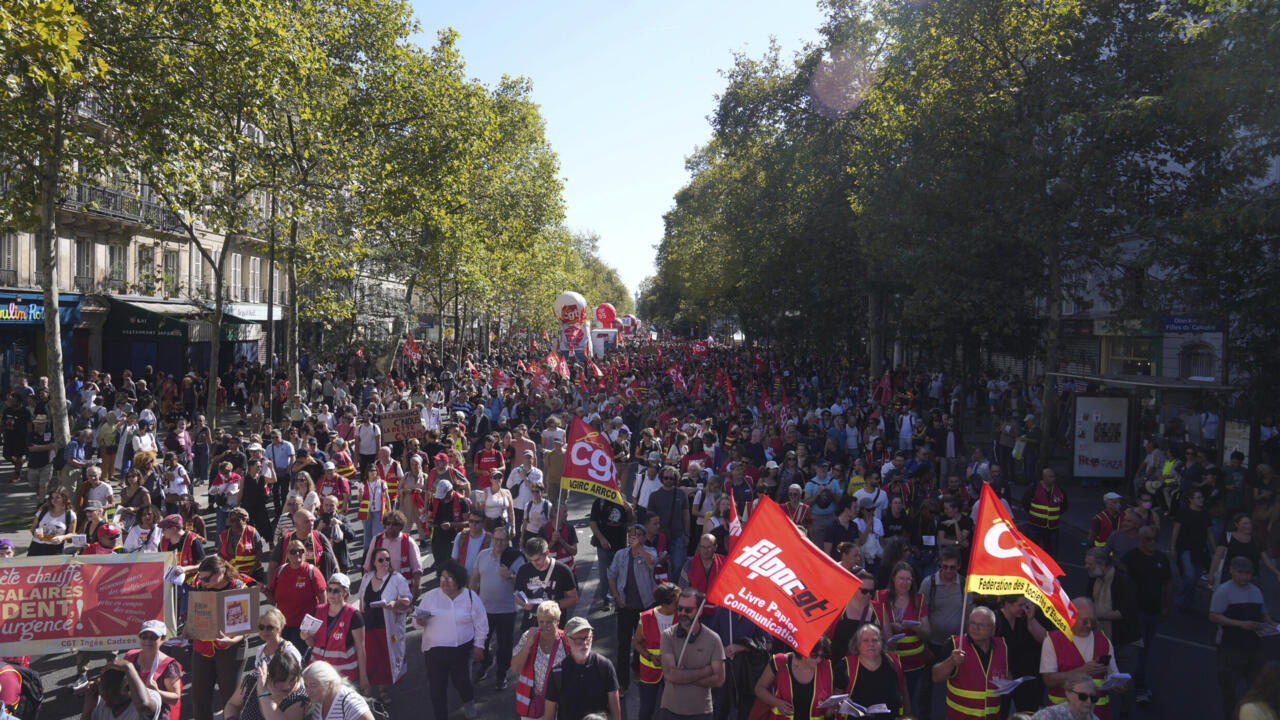The announcement of sending federal personnel to Portland has reignited national debates about immigration enforcement, public safety, and the role of federal authority in local jurisdictions.
The decision to deploy troops to Portland represents a new chapter in the ongoing tension between the federal government and certain local administrations. The move was framed as a necessary step to ensure the protection of Immigration and Customs Enforcement (ICE) facilities, which have increasingly been the focus of demonstrations and criticism. By emphasizing security and order, the administration seeks to justify a federal presence in a city where officials and many residents have openly opposed such interventions.
Federal priorities and the rationale behind the move
The stated purpose of the deployment is to safeguard federal property and personnel from potential threats. In recent years, ICE offices have been at the center of heated protests, with activists calling attention to immigration policies they view as unjust and harmful. Demonstrators argue that these facilities symbolize a broader system of enforcement that separates families and places vulnerable communities under constant fear of detention.
For federal officials, however, the narrative is different. They argue that failing to protect ICE facilities would embolden disruptive groups, undermine the rule of law, and threaten the functioning of essential government services. By sending federal troops, the administration signals a willingness to assert control in areas where it perceives local authorities are unable or unwilling to maintain order.
Este cambio representa una tendencia más amplia en la que el poder federal se ha afirmado de manera más enérgica en las disputas sobre la aplicación de la ley de inmigración. También subraya la continua divergencia entre las políticas de Washington y la postura de muchos gobiernos locales, especialmente en ciudades que se han declarado como refugios para inmigrantes.
Community worries and local feedback
The sending of federal forces has provoked significant responses from local authorities, civil liberties organizations, and residents in Portland. Municipal representatives have voiced worries that a military-like presence might heighten tensions instead of alleviating them. Numerous people are concerned that this move could trigger clashes between the community and federal agents, leading to more disorder and diminishing confidence in governmental bodies.
For locals, the action prompts inquiries concerning constitutional entitlements, the right to express oneself freely, and the equilibrium between protection and individual freedoms. Detractors claim that deploying soldiers close to protests might discourage legitimate demonstrations and label opposition as criminal. Additionally, they worry that the heightened militarization of national enforcement might exacerbate community divisions, fostering an atmosphere of fear instead of security.
Those in favor of the deployment, however, assert that safeguarding federal buildings is a legitimate duty of the government. They contend that without action, destruction of property and violent confrontations could persist without control, jeopardizing both safety and peace. This difference in viewpoints highlights the wider ideological division within the nation concerning the proper role of government in managing social unrest.
Wider effects on national political landscape
The decision to send troops to Portland cannot be viewed in isolation. It is part of a larger pattern of federal responses to protests, immigration debates, and political polarization in the United States. By positioning the protection of ICE facilities as a matter of national security, the administration frames the issue not only as a local concern but also as a symbol of its broader commitment to law and order.
This methodology strikes a chord with advocates who perceive stringent implementation as vital for upholding sovereignty and stability. Concurrently, it amplifies disapproval from critics who regard these actions as authoritarian and neglectful of democratic principles. The conflict of viewpoints has become a hallmark of political dialogue, influencing how Americans perceive both immigration policy and the application of federal authority.
Thinking about the future, the deployment of federal forces in Portland has the potential to create a benchmark for similar actions in other urban areas. Should it successfully deter interruptions, this approach might promote wider use of federal power in situations where city administrations oppose national directives. On the other hand, if conflicts intensify and instability increases, the strategy could strengthen the viewpoint that such initiatives damage community confidence and exacerbate conflicts instead of easing them.
What it means for the future
Ultimately, the decision to send troops to Portland reflects deeper questions about governance, democracy, and national identity. It forces Americans to confront the balance between protecting institutions and respecting individual rights, as well as the limits of federal intervention in local matters. For Portland, it means navigating a period of heightened scrutiny, where the city becomes both a symbol and a battleground in a larger political struggle.
For the government, the rollout provides a chance to demonstrate its commitment to safeguarding safety and order, despite the potential backlash over exceeding limits. For locals, activists, and community leaders, it signifies a test of preserving communal principles while dealing with the impact of national authority.
The controversy underscores how immigration enforcement, public safety, and political identity remain intertwined in ways that define not only local conflicts but also the broader trajectory of the United States. Whether the decision to send troops will achieve stability or deepen divisions remains uncertain, but its impact will resonate far beyond Portland in the ongoing debate about the role of government in shaping the nation’s future.




